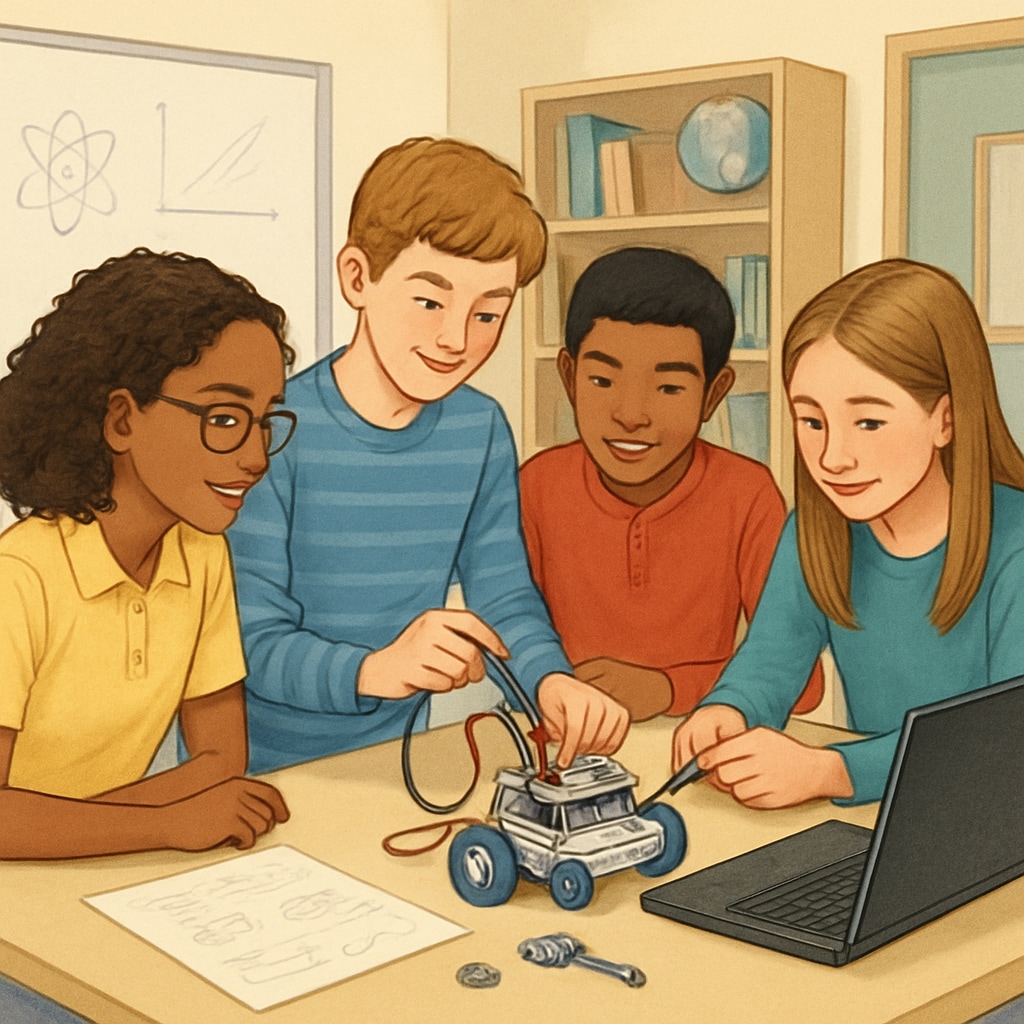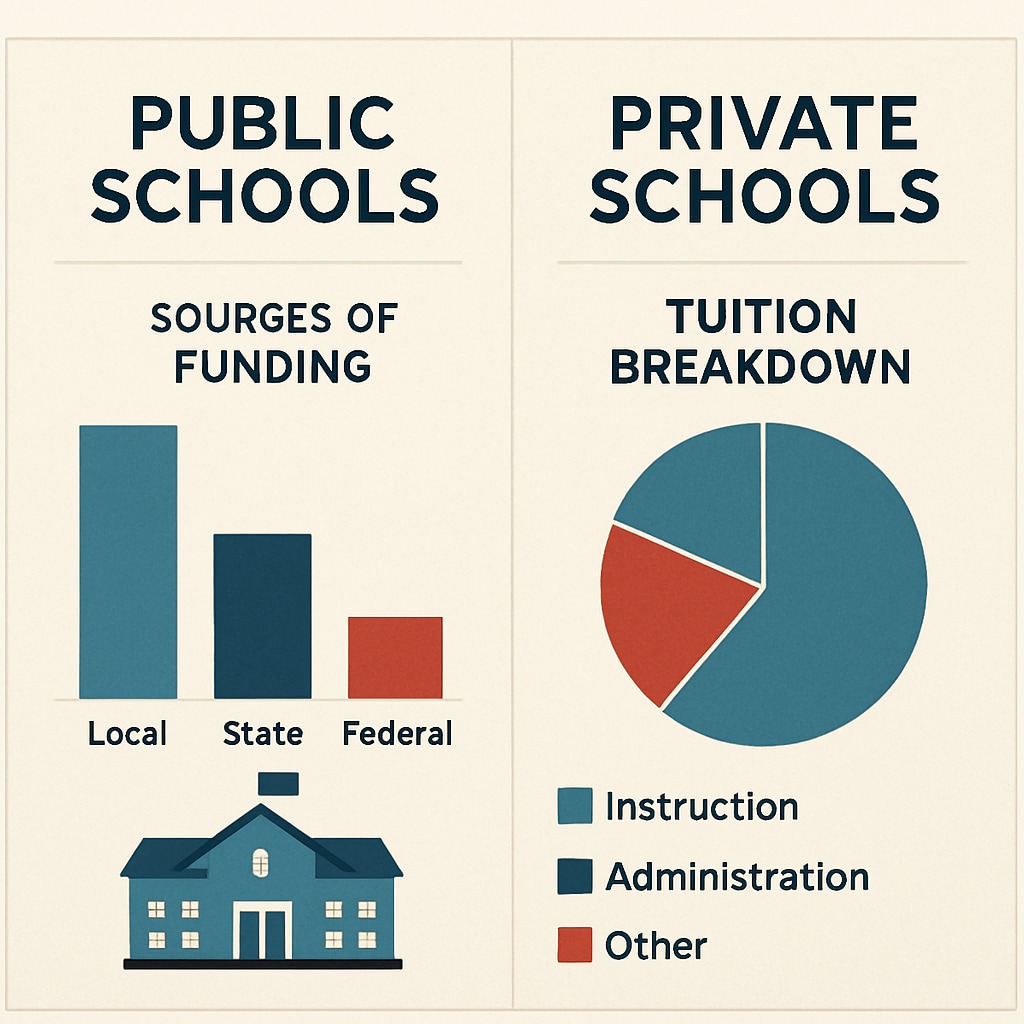When discussing school choice, public vs private education in high-quality districts presents families with complex decisions beyond test scores. In California’s sixth-ranked public school system, nearly 18% of families still enroll children in private institutions, according to the National Center for Education Statistics. This phenomenon reveals deeper considerations about educational values, learning environments, and long-term outcomes.
Academic Offerings vs Holistic Development
While top-rated public schools deliver strong academic results through standardized curricula, private institutions often emphasize:
- Specialized teaching philosophies (Montessori, Waldorf, or religious-based)
- Lower student-to-teacher ratios (averaging 12:1 versus 16:1 in public schools)
- Flexibility to adapt coursework to individual learning styles

The Hidden Factors in Education Decisions
A Pew Research Center study identifies three non-academic considerations influencing school choice:
- Social environment: 68% of parents cite peer group quality as decisive
- Extracurricular access: Private schools offer 3x more arts and athletics programs
- College preparedness: 92% of private high school graduates attend 4-year colleges
However, public schools in elite districts counter with robust Advanced Placement programs and taxpayer-funded resources. The average annual cost difference ($15,000 for private tuition vs. $0 for public) further complicates decisions.

Readability guidance: Transition words like “however” and “further” connect ideas naturally. Lists break down complex information, while active voice maintains engagement (“parents cite” vs “is cited by parents”).


